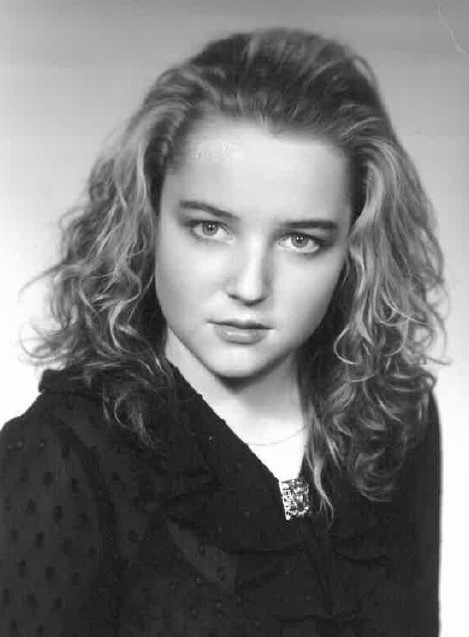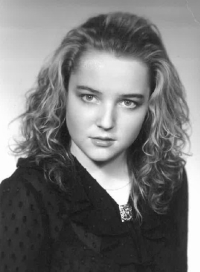"So I called my dad at work on Monday morning, because he was in Most, in Komořany. I appealed to him and said - he still remembers me telling him: 'Dad, dad, we are on strike here! And the students are going on strike, we're not going to school and in the afternoon we're going to Václavák, there will be a demonstration!', don't go anywhere!' I said: 'No, no, no, we're going to Wenceslas!' So this is what he says to this day, that this is how he first learned about the Velvet Revolution, that I called him: 'Dad, dad, we here we're on strike!' So, this is how he reacted. Mom - I do not know at the time, she did not really know because I did not ask. Well, then the next day I actually went back - that is another question - to my native Litvínov, because we were just supposed to inform the cities outside of Prague. There was a problem that nothing was known anywhere. So actually three of us students came here at that time, from medicine in Litvínov, all high school graduates. We arrived in Litvínov sometime during the day, I do not know what time. We were equipped with those posters and we got off at Maja, and I went down like this from Maja, here the Valdštejnska street, that was V.I. Lenin street, and I pasted the posters. And the two also went towards their places of residence. But we just put up posters to inform people about what was happening in Prague. Because the difference between that Prague and that countryside, if I say so, was huge. It was simply happening in Prague, we had already been to that Wenceslas Square, it was alive there, everyone knew what was happening there, and everyone seemed to be united, that is how it looked. In addition, we came here and there was nothing here. It was quiet here, nothing happened here; nobody knew anything. Well, so we put up the leaflets, I came home because I lived here near the gymnasium in Zámecká Street. And as soon as I got home, in about ten minutes, my mother, who was at the municipal national committee, called me: 'You came from Prague, they already know, they say you are putting up some anti-state posters and they are already coming to get you!' Well, it was quite scary at that moment. Because it really looked like communism was still running here, Public Security - the police at the time - was working, so they would probably come to lock me up. That is how it looked at the time. Fortunately, no one came, but they immediately took down the posters. We knew that right away, that they immediately followed us and were already taking it down. So nothing was known here, no one, nothing, it went on its own way again."

